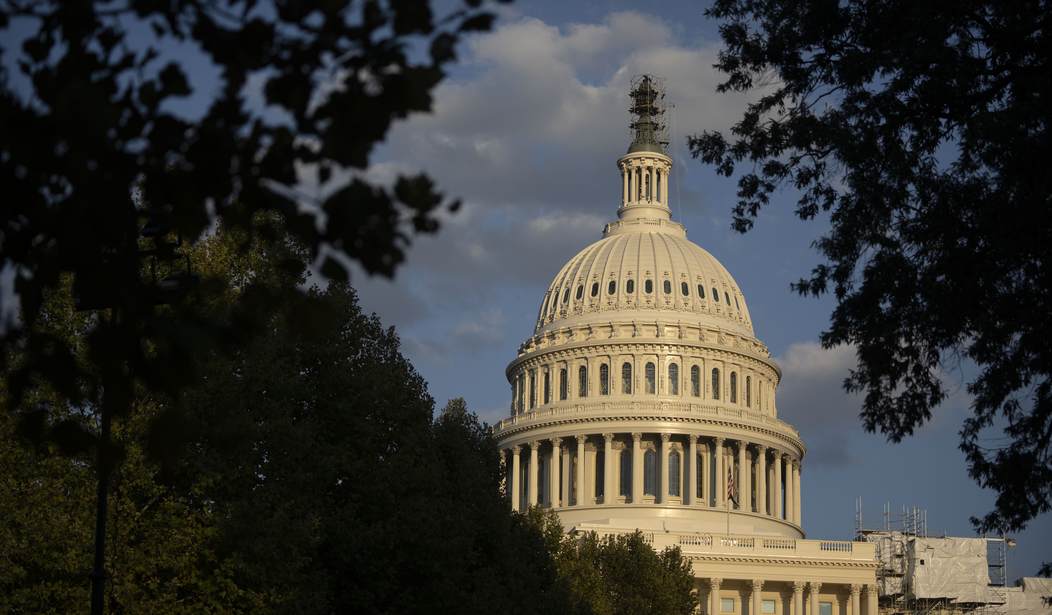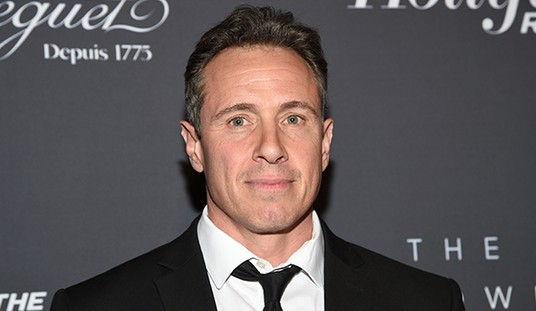The trustees for Social Security have just issued their annual report. And, as we have learned annually over recent years, the system cannot meet its obligations.
According to this latest report, the Social Security system will not be able to meet its obligations to retirees by 2035. In 2035, the system will be adequate to meet just 83% of its obligations.
This is supposedly good news because the projected shortfall occurs one year later than reported last year.
But the change simply reflects the fact that the system is so massive -- it's the single largest government program, with annual expenditure of $1.2 trillion -- that small changes in assumptions in the planning model produce big changes in the projected results.
Young people today start working and immediately have 6.2% of their paycheck deducted in payroll tax for Social Security, with their employer matching this with another 6.2% -- all paid into a system that is bankrupt.
Our political leaders, to the extent they choose to speak about this issue, reiterate their commitment to "save the system."
But "saving the system" means just taking a bad situation and making it worse. Who wants to "save the system" by raising taxes, raising the retirement age or cutting benefits?
Many still believe that Social Security is some kind of retirement investment program, but it's not. It is a government tax and spending program.
Individuals are forced to pay the payroll tax. And those payroll taxes are used to pay retirement benefits for those currently retired.
Recommended
Even if you think this is a good idea, it no longer works. When the system began in the 1930s, there were over 40 working Americans per retiree. Today, because of longer life spans and declining birthrates, there are just a little over three working for each retiree. Worker's taxes soon won't be enough.
I have been writing for years that the system should not and cannot be saved, and I make this same declaration now.
It is quite reasonable for the government to insist that individuals take steps to secure their future in retirement. But it is not reasonable for government to step in and take away an individual freedom on how to take care of themselves.
Individuals should be allowed to take ownership of the payroll tax they are forced to pay and use these funds to invest in their own personal retirement account.
The benefits of giving individuals freedom to take ownership of their own earnings and invest are huge.
For one thing, putting funds into the equity markets over a 45-year working life yields far higher returns than Social Security provides.
In one study, done a number of years ago at the Cato Institute, they looked at a theoretical average-income couple that retired in 2009, one year after a huge crash in the stock market. Despite a 37% market decline in 2008, the cumulative returns they received since they started investing when they were 21 in 1965 yielded savings of $855,175. This is based on the actual market returns over those years, not theory. This is 75% more than what they would have gotten from Social Security, per the study.
Lack of ownership in stocks greatly accounts for the huge difference in household wealth between Black households and white households. Whereas, per the Federal Reserve, 65.6% of white households own stocks, only 39.2% of Black households do.
As a result, average household wealth in assets among white households is approximately $1.5 million compared to $297,000 among Black households.
Plus, investing gives everyone "skin in the game" to limit government and keep our American system of capitalism alive and healthy.
No move could do more to restoring economic vitality and individual freedom in our country than transforming our broken Social Security system into a nationwide personal investment program.

























Join the conversation as a VIP Member